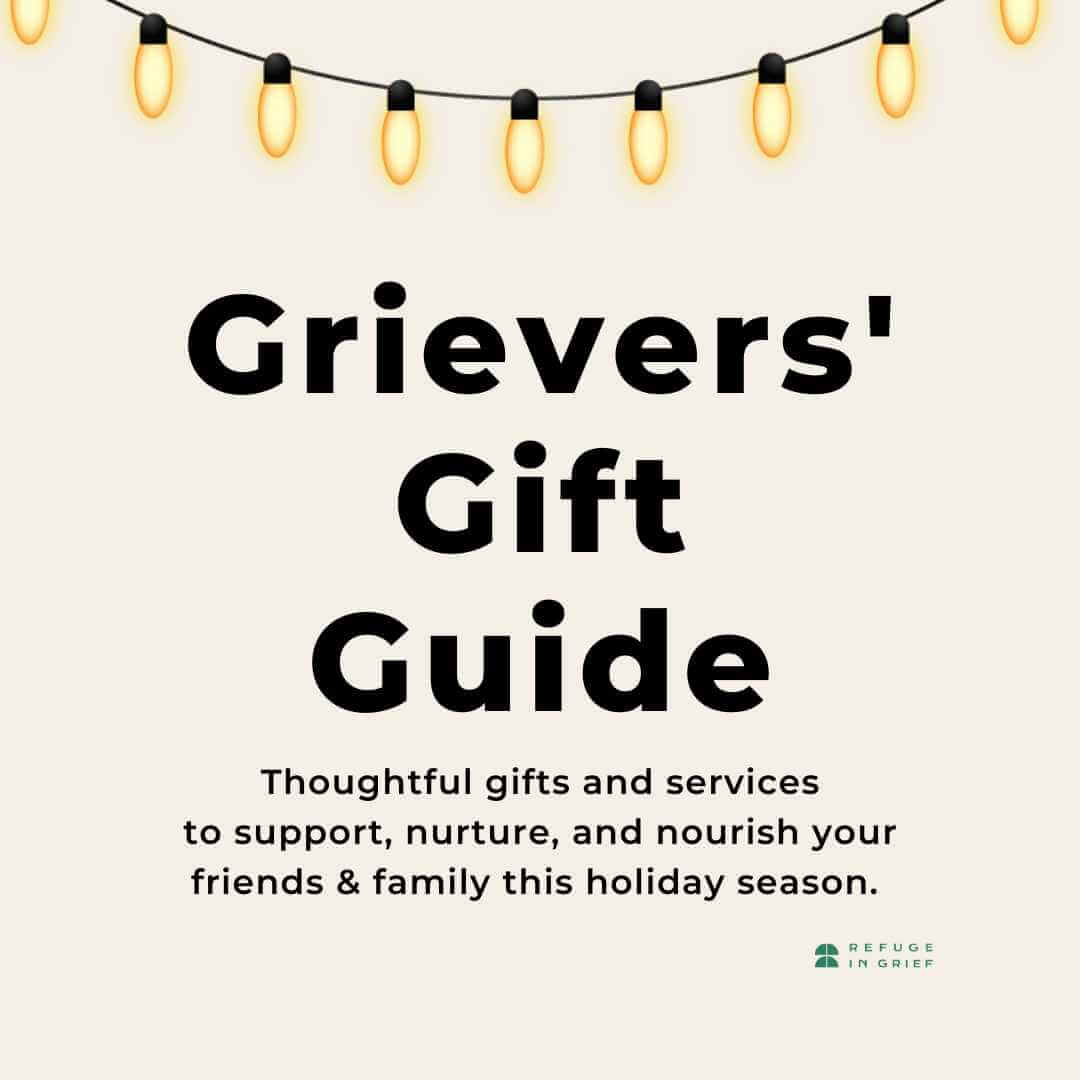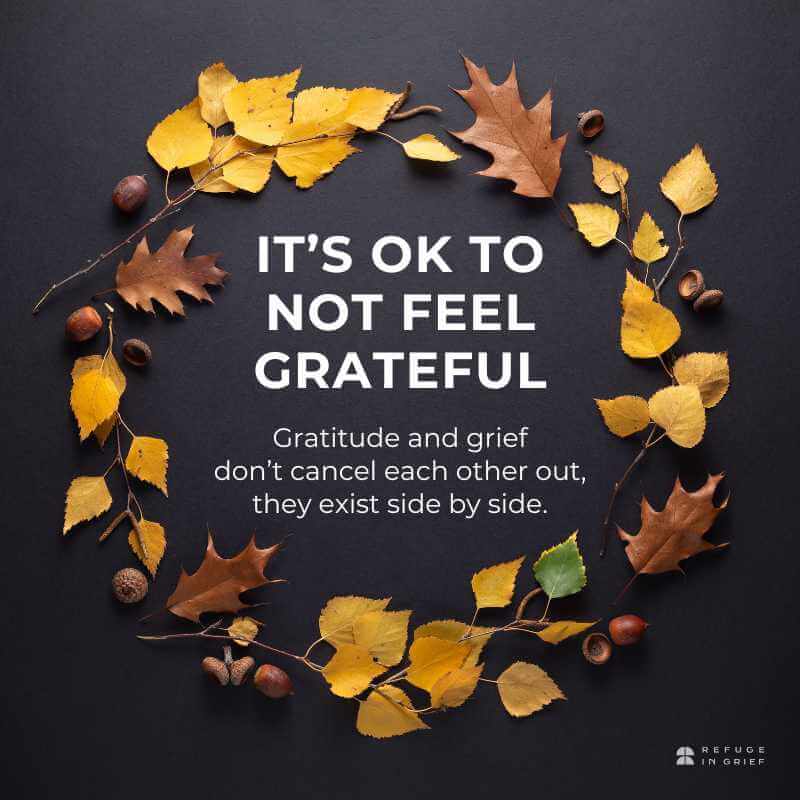kids & grief
I’ve been thinking a lot about kids lately. Your kids. My kid. All of these young people who have lost someone close to them.

My step-son turned eighteen the day after his father died. Not super young, but in many ways, still a child. The outside world saw him as an adult that day. He was called to make decisions no child should have to make.
He’d always been rather quiet about his own internal feelings, and living through his grief was no exception. That tendency to be more private, plus his natural teenager-ness meant he didn’t say very much about his dad. He said even less about himself.
In the weeks and months that followed, we talked about what happened. We talked about the inner world of grief, and how different people process it differently. While his quiet bothered many people, he’s his father’s son: I know those feelings run deep, even if he never mentions them again.
Given that my step-son was older, and struck out on his own soon after Matt died, I didn’t have the same worries that many of you have as you parent your children.
I didn’t have the heartbreak of seeing a very young child grow up with few to no physical memories. I didn’t worry about how other kids would treat my step-son at school, or how the teachers would handle his loss. I worry about his life unfolding without his father’s guidance, but I know he had eighteen years of soaking in his Dad’s presence and influence.
I can only hope his father’s love infuses him, holds him up, helps him – even now.
I don’t see my step-son these days. He’s a young man, out doing age-normative young man things. He never was great at keeping in touch. Someone asked me the other day if I thought he had “processed” his dad’s death, or if it continues to affect him.
How can it not continue to affect him? His dad is still dead.
But then I thought about this. At Matt’s funeral, one of his friends said that his own father had died when he was young. Although they hadn’t been close, he said, he didn’t actually feel the impact of his dad’s death until he was standing there at Matt’s funeral. It had been well over 20 years. Now. Now suddenly. Now he felt it. Now he saw how it had changed him. No one really talked to him about it when it happened. Seeing what his dad’s death meant for him was something he could only see by looking back.
I think we’re always looking for evidence that our kids are okay. The truth is, so much of any emotional process is on the inside. A loss like this will grow and change inside our kids’ hearts, changing not just with the passage of time, but also with their changing capacity to absorb and respond to their parent’s death.
I think all we can do, all any of us can do, is continue to be open about pain, death, grief, and love in age appropriate ways. We can let our kids know that they can ask us anything. We can let them see our own grief in a way that says – this hurts, and it’s okay to feel it. We can ask, knowing that they may not be willing – or able – to voice what they feel.
Sometimes it takes a lifetime to be able to say what you’ve lost, to see the many ways a parent’s death shaped and changed you. I hope for my kid, and for yours, that our love stays beside them. That their parent’s love stays with them. That they learn to tolerate their own pain, open their hearts, and listen for their own voice. Even if they never tell us a word.
 How about you? Are you parenting younger children without your partner, or parenting after the loss of one of your children? How have you talked about the reality of grief in your family? How have you seen, or spoken of, the love that continues, even with the empty space? Let us know in the comments.
How about you? Are you parenting younger children without your partner, or parenting after the loss of one of your children? How have you talked about the reality of grief in your family? How have you seen, or spoken of, the love that continues, even with the empty space? Let us know in the comments.


